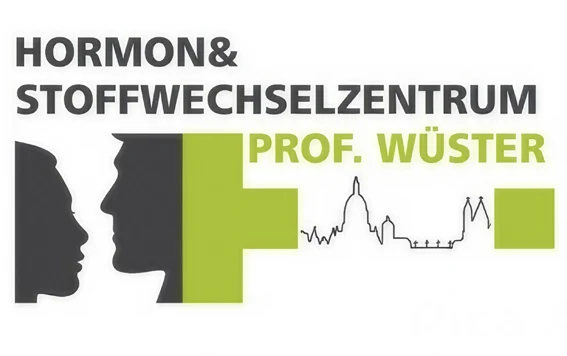Bone density measurement by a specialist in Worms
Specialist in Worms recommends early detection of osteoporosis through bone density measurement
WORMS. Osteoporosis is a progressive breakdown of the bone structure. The disease is insidious: in the early stages, it often causes no symptoms and therefore goes unnoticed for a long time. However, once the bones are porous, they can break as a result of even minor impacts – for example, a fall from a standing position. Prof. Dr. med. Dr. h.c. Christian Wüster is an endocrinologist and therefore also a specialist in metabolic diseases of the bones. He explains: “From the age of 35, healthy people lose around 0.5 to one percent of their bone mass every year. If bone loss is even faster and more intensive, then it becomes alarming.”
Bone density measurement with modern DXA measuring device for patients from Worms
Bone loss can be stopped with medication and an adapted lifestyle. Early detection of osteoporosis is therefore all the more important, as the specialist emphasizes: “The earlier we detect the onset of bone loss – or even better, an increased risk of it – the more effectively we can take countermeasures.” To assess the condition of the bones, Prof. Dr. Wüster uses a state-of-the-art bone densitometer in his practice, which works according to the so-called DXA method.
“This involves using X-rays at extremely low intensity, which is roughly equivalent to the radiation on a transatlantic flight,” explains the expert. Based on the measurement results, the doctor can get an accurate picture of the condition of the bones and initiate individual treatment.
Patients from Worms: Bone density measurement makes sense from the age of 50
Prof. Dr. Wüster recommends regular bone density measurement as a standard preventive examination for people aged 50 and over, even if there are no particular complaints or risk factors. Women from the menopause onwards in particular should have their bone density checked. This is because falling oestrogen levels can increase the risk of bone loss. Chronic diseases such as diabetes mellitus, COPD, kidney or heart failure or being underweight are also typical risk factors. If the onset of bone loss is recognized in good time, those affected can often counteract it with small lifestyle changes such as an adapted diet or more exercise, as the specialist emphasizes. Typical complications such as bone fractures or chronic pain can be avoided in this way.

